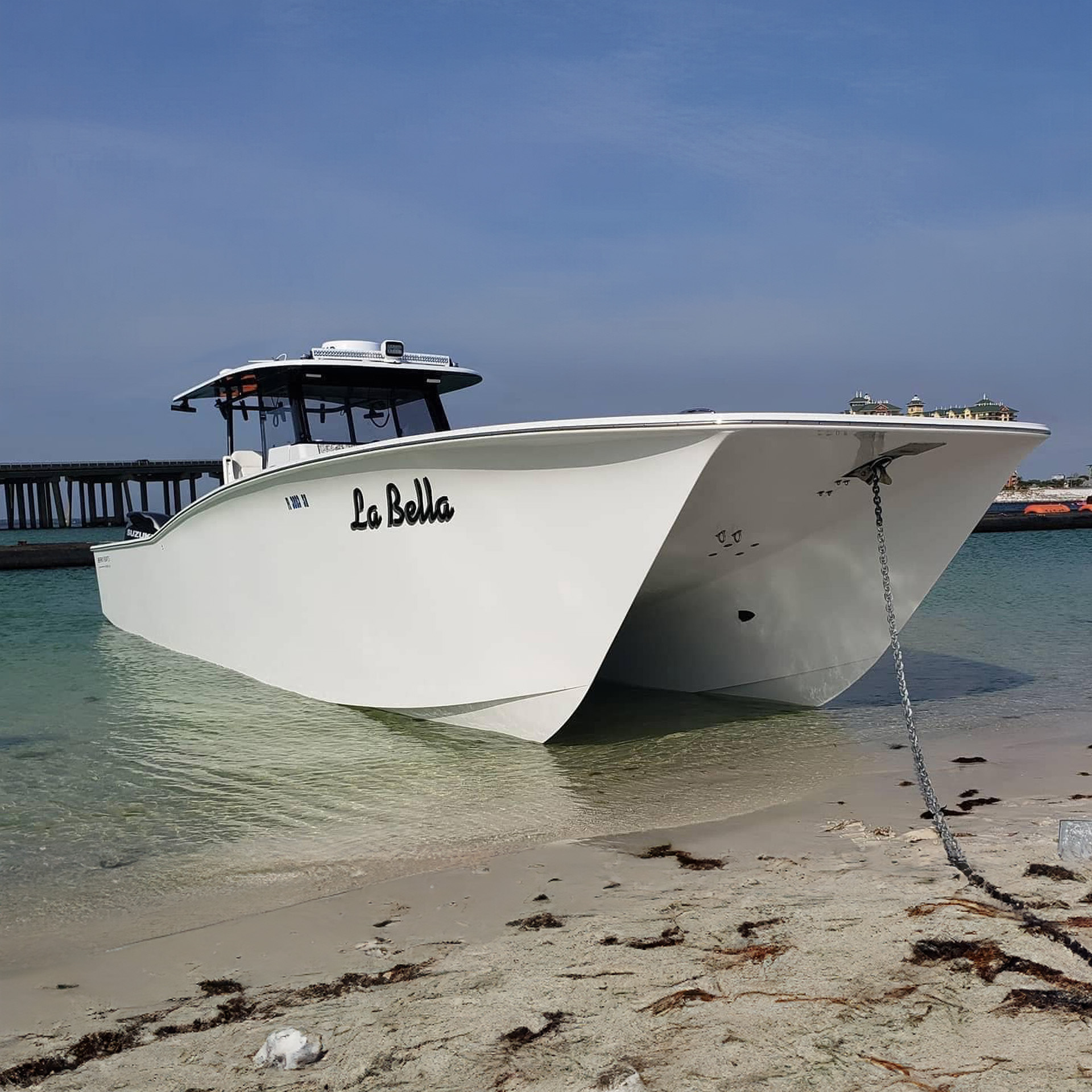When it comes to managing our ocean resources, few topics spark as much debate as whether states or the federal government should be in charge. At first glance, handing over management of federal fisheries to individual states might sound like a good idea—after all, states know their local waters, right? But dig a little deeper, and it becomes clear that state management of federal fisheries could do more harm than good.
Here’s why:
Each state could set its own fishing seasons, catch limits, and regulations. Without a unified system, this patchwork approach creates confusion and opens the door to a “race to fish,” where each state tries to grab as much as it can, as fast as it can. That’s a recipe for overfishing and long-term trouble.
States are often under pressure to satisfy local economic interests. This could lead to less cautious management practices, prioritizing short-term profits over long-term sustainability. Without strict guardrails, we risk depleting fish stocks that take years—or decades—to recover.
Federal fishery management is built on robust scientific assessments that consider entire ecosystems. States may not have the resources to gather or apply the same level of science. That means decisions could be made with limited data, and that’s never good for the fish—or the fishermen who rely on them.
Imagine trying to monitor dozens of different regulations across state lines in the same body of water. It’s a logistical nightmare. When rules vary so widely, enforcement becomes tricky, and the chance of illegal or unreported fishing goes up.
Some states might have more access to fish-rich areas or more political muscle to secure bigger quotas. That creates an unfair playing field and could stoke regional tensions, undermining cooperation in managing shared waters.
The federal government manages fisheries under the Magnuson-Stevens Act, a law designed to rebuild and sustain fish populations. Shifting power to the states risks unraveling this coordinated effort, replacing it with fragmented policies that may not align with national conservation priorities.
Take the red snapper fishery in the Gulf of Mexico. When states took over management of recreational fishing, each set different rules. While some praised the increased flexibility, conservationists warned that inconsistent regulations weakened protections—and could lead to overfishing all over again.
In Summary:
While local control might sound appealing, fisheries don’t follow state lines—and neither should their management. Protecting our fish for future generations means keeping a unified, science-based system in place—one that puts sustainability ahead of short-term interests.





